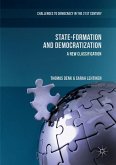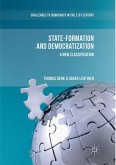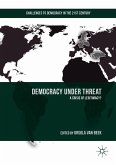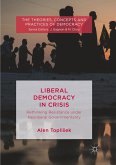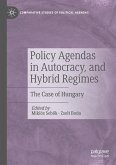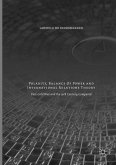This book deals with post-Cold War processes of autocratization, that is, regime change towards autocracy. While these processes are growing in number and frequency, autocratization remains a relatively understudied phenomenon, especially its most recent manifestations. In this volume, the authors offer one of the first cross-regional comparative analyses of the recent processes of regime change towards autocracy. Building on an original conceptual framework, the two authors engage in the empirical investigation of the spreading of this political syndrome, of the main forms that it takes, and of the modes through which it unfolds in countries ruled by different political regimes, with different histories and belonging to different regional contexts. The research is conducted through a mix of research techniques that include descriptive statistical analysis, Qualitative Comparative Analysis and case study. This book will be of interest to a heterogeneous readership that encompasses thebroader community of scholars, analysts, observers, journalists, and practitioners interested in political development and regime change in different geographical areas.
"Autocratization in Post-Cold War Political Regimes provides significant contributions to the literature on comparative political regime studies and the debate on the state of democracy. Hopefully, the book will pave the way for future research on patterns of regime transition using an authoritarian perspective." (Angelo Vito Panaro, Journal of Soviet and Post-Soviet Politics & Society,JSPPS, Vol. 5 (2), 2019)


